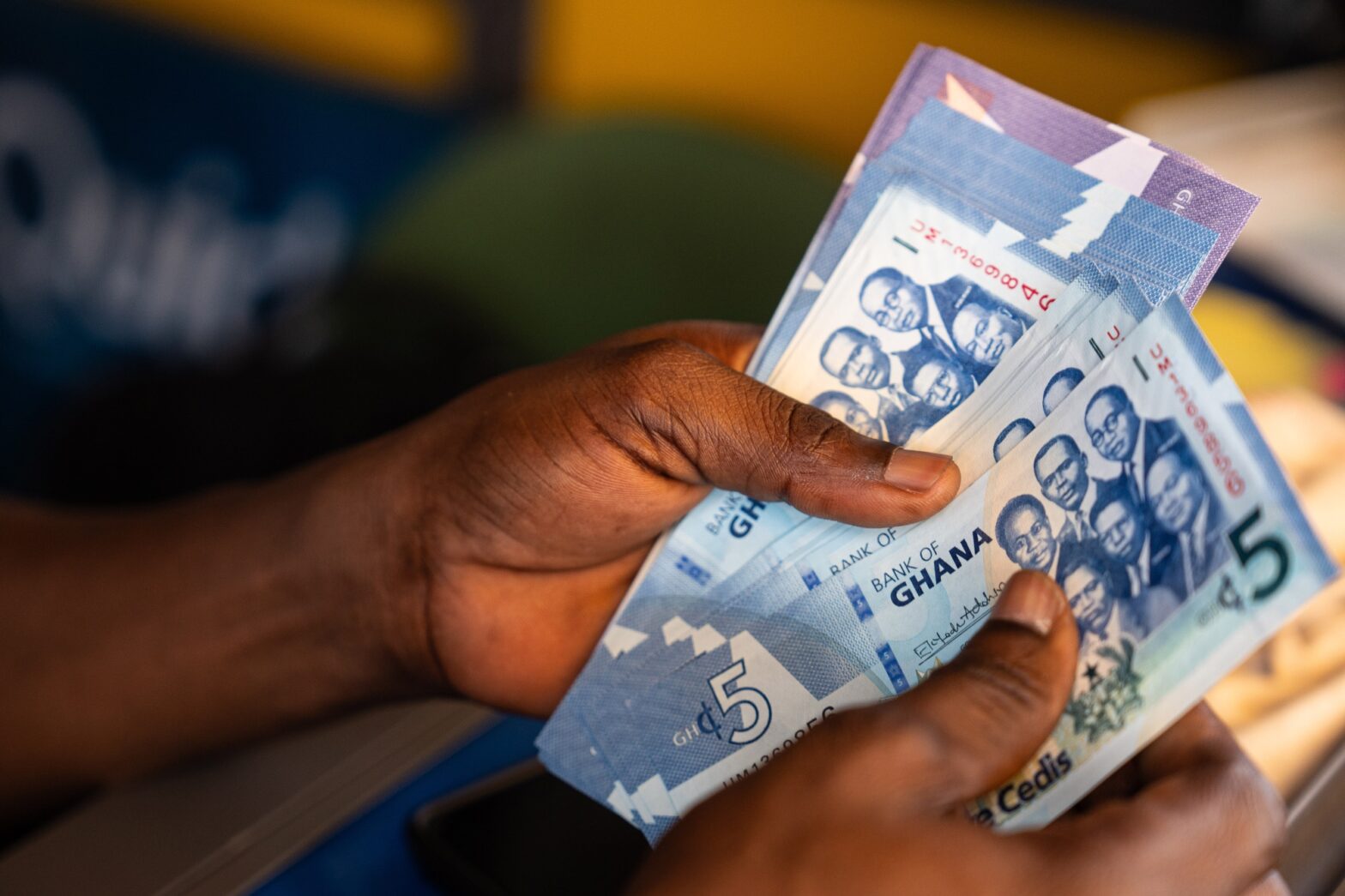The Commercial Bank of Ethiopia (CBE), the country’s largest state-owned lender, is set to receive more than half of a $650 million financial package from the World Bank next week, representing a major milestone in Ethiopia’s ongoing macroeconomic reforms.
The funding forms part of the World Bank’s Financial Sector Strengthening Project (FSSP), which was officially declared effective last week following high-level meetings with a visiting delegation from the multinational lender.
The programme is performance-based, requiring CBE to meet a series of reform conditions in order to access the funds.
The financial injection comes at a critical time for Ethiopia’s banking sector.
CBE, a state-owned institution, has been burdened by significant non-performing loans, particularly to struggling state-owned enterprises (SOEs) in industries such as chemicals and sugar.
To ease this pressure, the Ethiopian government previously committed to clearing SOE debts totalling approximately $6.4 billion through the Liability and Asset Management Corporation (LAMC), though progress was delayed by domestic conflicts and stalled privatisation efforts.
Now, after months of negotiations and restructuring, the CBE is poised to receive an initial disbursement covering around 54% of the total approved amount.
Conditions already fulfilled by the bank include the issuance of a $6.7 billion bond by the government, restructuring its board in line with National Bank of Ethiopia (NBE) governance directives, and the submission of key strategic documents by Ethiopian Investment Holdings (EIH), the bank’s parent body.
In addition to recapitalising CBE, the FSSP aims to bolster the entire financial sector by enhancing banking regulation and supervision through reforms at the NBE, and providing support to the Development Bank of Ethiopia (DBE), which is also expected to benefit from the broader $700 million financial package.
The government has already begun servicing the debt associated with the restructuring, with 38 billion birr paid in semi-annual interest so far this fiscal year.
The 13-year bond includes a three-year grace period, with interest rates initially fixed at 9 percent, rising gradually before aligning with the central bank’s policy rate.
CBE President Abie Sano confirmed that the first transfer of funds will occur next week, though he did not disclose further details.
If conditions continue to be met, the bank could receive as much as $550 million in disbursements by the end of 2025.





